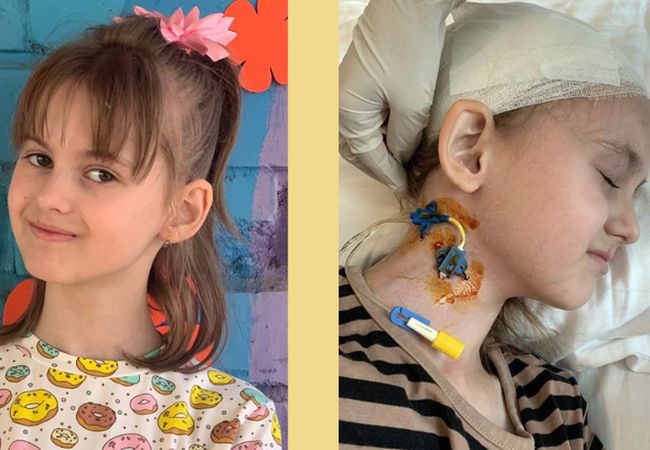VANCOUVER — The day of the world's worst nuclear disaster passed without notice by 12-year-old Galena Datenkova and her family.
Less than a week later, after Reactor No. 4 at the Chernobyl nuclear power plant in Ukraine exploded on April 26, 1986, the Datenkova family kept their annual camping holiday tradition in Belarus.
"I don't remember the day it happened because we were not told," says Ms. Datenkova, now 32. "We realized it was serious 10 years after, when people started getting really sick."
The explosion killed 31 people and its aftermath is held accountable for the deaths of at least 9,300, many from cancer caused by radioactivity spewed into the air and ground across Ukraine, Belarus and Russia.
Twenty years later, thousands of people -- including children born years after the blast -- continue to be treated for related illnesses.
While the disaster fades from public consciousness, save the marking of its anniversary, families around the world continue to play host to affected children each summer for a health respite -- a chance to give their chronically ill bodies a boost.
Hundreds of children have stayed with Canadian families since 1991, when the Canadian Relief Fund for Chernobyl Victims in Belarus brought its first group from overseas. Since then, many communities across the country have been sponsoring children with the help of small charitable organizations, but the relief fund remains the biggest player.
Ms. Datenkova has come as an interpreter for the children since 1995, and has stayed with the B.C. and Atlantic chapters.
This year, she arrived in Chilliwack, B.C., on June 23, with her five-year-old daughter, Nastya, in the hopes that her child will be healthier when they return to Belarus in two weeks.
"Since she was born, she's been having colds the whole year," Ms. Datenkova said yesterday during a visit to the Vancouver Aquarium, where she joined some of the 14 children visiting British Columbia for a special outing.
"The radiation makes them be born with low immunity, and the body just doesn't resist any infection," she explained.
"[The respite in Canada] benefits their health, they get stronger, their system clears up, most of them can go through winter with no colds," she added.
Charles Ruud, national secretary of the organization, arranged a partnership with the medical and dentistry departments at the University of Western Ontario in London, where he is a history professor. University staff treat the children, who stay with families in the area, and have told him they were overwhelmed by what they saw.
"The health problems are by no means over," Prof. Ruud said.
It is common for children still living in the Chernobyl area (the Belarus border lies about 20 kilometres from the plant) to suffer from heart defects, birth defects and, most noticeably, thyroid cancer.
Prof. Ruud has been keeping track of the continuing debate on how much of the region's health problems can be attributed to the nuclear disaster. "There's also a lot of opinion to the effect that there's no longer a crisis as there was once," he said.
"It's been 20 years now . . . the distance in time has caused it to fade in the public memory."
About 100 Belarussian children have come to Canada this summer with the group but interest in the organization has waned since the mid-1990s when families once played host to 600 children.
Brian and Debbie Dolton, who live in Langley, B.C., have welcomed the same girl for the past eight years. Maryna, now 16, is from Minsk and for the past two years has been joined in the Dolton household by her younger sister, Luda. Both girls have minor health problems, such as stomach ulcers and an eye condition.
Canadian Friends of Chernobyl's Children in Elmira, Ont., is playing host to 21 children this year; Quinte's Children of Chernobyl, near Belleville, Ont., is sponsoring 60; and eight children are with the Hinton Association of Children of Chernobyl, near Alberta's Jasper National Park.



